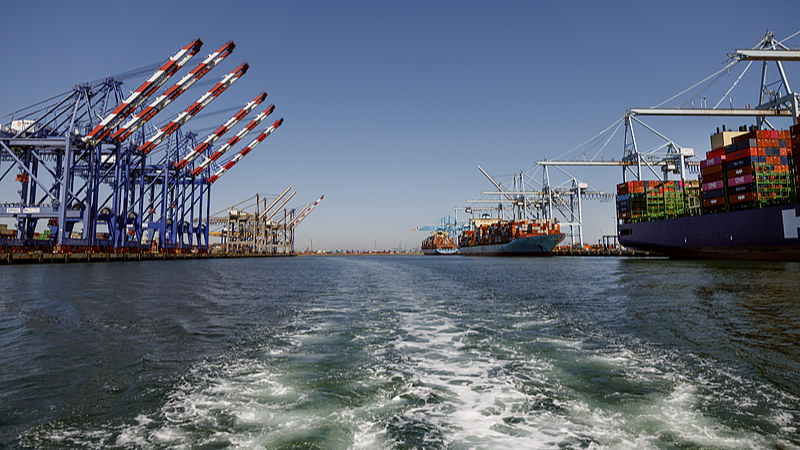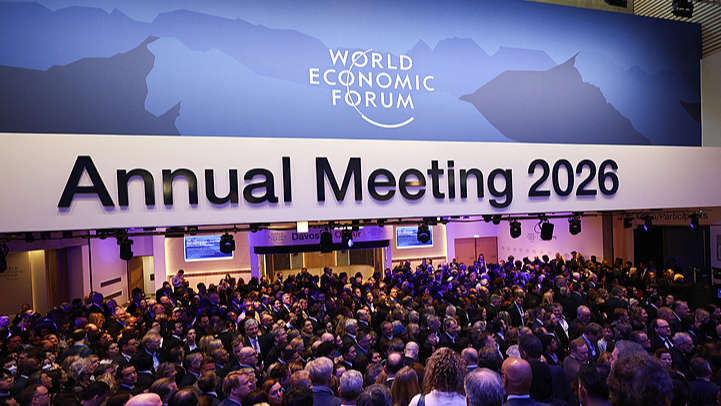A major twist in the trade war: a U.S. federal court has blocked sweeping tariffs imposed under the International Emergency Economic Powers Act. The New York-based Court of International Trade ruled that tariffs targeting goods from Canada, Mexico and the Chinese mainland—including fentanyl-related and worldwide retaliatory tariffs—are not authorized and will be permanently vacated.
Political scientist Sun Taiyi noted that this decision is a significant setback for the Trump administration, whose strategy relied on tariffs to raise revenue, push companies to shift manufacturing, and leverage international negotiations. However, there is a glimmer of possibility: under the Trade Act of 1974, temporary import taxes of up to 15% for 150 days might still be on the table.
The case was initiated by a nonpartisan legal group representing U.S. small businesses that have been hard hit by the tariff wars—a reality echoed by even major retailers hinting at price hikes. For many young tech enthusiasts and early professionals in South and Southeast Asia, this serves as a reminder that global trade policies can have a tangible impact on local economies and startups. 😕
As the Trump administration appeals the ruling and seeks an emergency stay to keep tariffs in effect while the legal battles continue, the trade conflict saga is far from over. Staying informed is key for navigating our interconnected world, where policies on one side of the globe can ripple through supply chains and tech innovation everywhere. 🌏
Reference(s):
Q&A: What next after Trump's tariffs blocked by U.S. trade court?
cgtn.com




